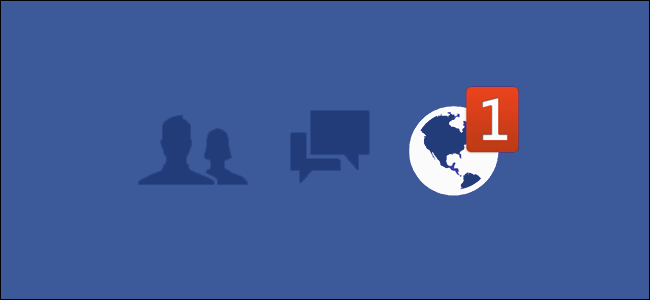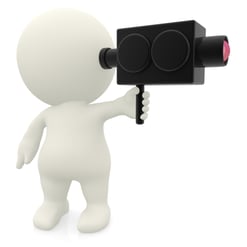
In January, Facebook announced big changes to the way their News Feed operates. CEO Mark Zuckerberg wants to enable users to have “more meaningful social interactions”, by creating significant changes to their algorithms affecting which content Facebook users are presented with. The impact is already being felt, almost a month in, with users spending less time – on average two minutes less per person – on Facebook. Before exploring the affects this may have on your business page and content marketing, I’ll recap the changes for you...
So, what actually changes?
The gist of the story is that Facebook News Feeds will show more posts from family and friends and updates which spark conversation, and less public content posts (including videos) from publishers and businesses. Posts that are deemed to be engagement-bait, or click-bait, are continuing to be demoted in an attempt to stop pages ‘playing’ the algorithm in order to get their pages in front of users more often.
Facebook anticipates that pages will see their organic reach, video watches and referral traffic to decrease, especially for those pages whose posts don’t generally elicit many reactions or comments.
It’s 2018 - where does video content fit in? 
Live video will become prioritized content as a result of these changes because, according to Facebook, they encourage engagement – live videos can attract six times as many interactions as standard videos. These changes are designed to bring back users back to connecting with each other in more meaningful interactions, so it’s only natural that a real-time interaction and discussion will suddenly be pushed to the top of the News Feed.
Do I need to change how I use my business page now?
In short, yes.
While the impact of these changes will vary from page to page, reach, engagement and traffic is likely to decrease. You’ll still be there, but you’ll have to work harder and smarter in order to get your page’s posts in front of your users.
Consider making live videos a regular part of your Facebook presence. Think about the users that follow your page – how do they typically use social media (time of the day, mobile or desktop), what sorts of content will engage them, and experiment around that. This content can all become a part of your broader digital marketing strategy, so don't just think of it as a 'Facebook job'.
Users can change their News Feed back to ‘the way it was’ but the new system has already become the default, so you’ll need to encourage your followers to add your page to their ‘See First’ list in their preferences.
With even more emphasis than before, aim to produce and publish content that your users will engage with - and please the Facebook algorithm - reactions and comments will contribute to your content being deemed 'meaningful' and increasing or maintaining your organic reach under the new system.
Does this impact paid advertising?
Of course, paid advertising will still be an option as more of a guarantee of getting your content seen. Facebook’s revenue from paid ads has grown again by almost 50% year-on-year, so it will be interesting to see whether this grows further in the coming quarters, or if businesses choose to redirect their ad spend across other social media platforms. The anticipated drop in user-usage time does mean there will be less opportunity for your advertisements and paid content to be seen, so keep an eye on your metrics in the coming months.
Early signs – how has Facebook changed?
Almost a month into this changed News Feed algorithm, Zuckerberg’s predictions are proving accurate. Daily Facebook usage has dropped by an average of two minutes per user, but across 1.4 billion daily users, this equates to 50 million fewer hours of eyes on News Feeds and therefore page posts and paid content. How this trend continues is a valuable metric to follow, as we wait to see the long-term impacts of the changes.
For most businesses, Facebook marketing is just one component of an overall digital marketing strategy. If you’d like a deeper insight into how well set your business is for the digital component of 2018 and beyond, please click below to register for a free Digital Readiness Assessment.
